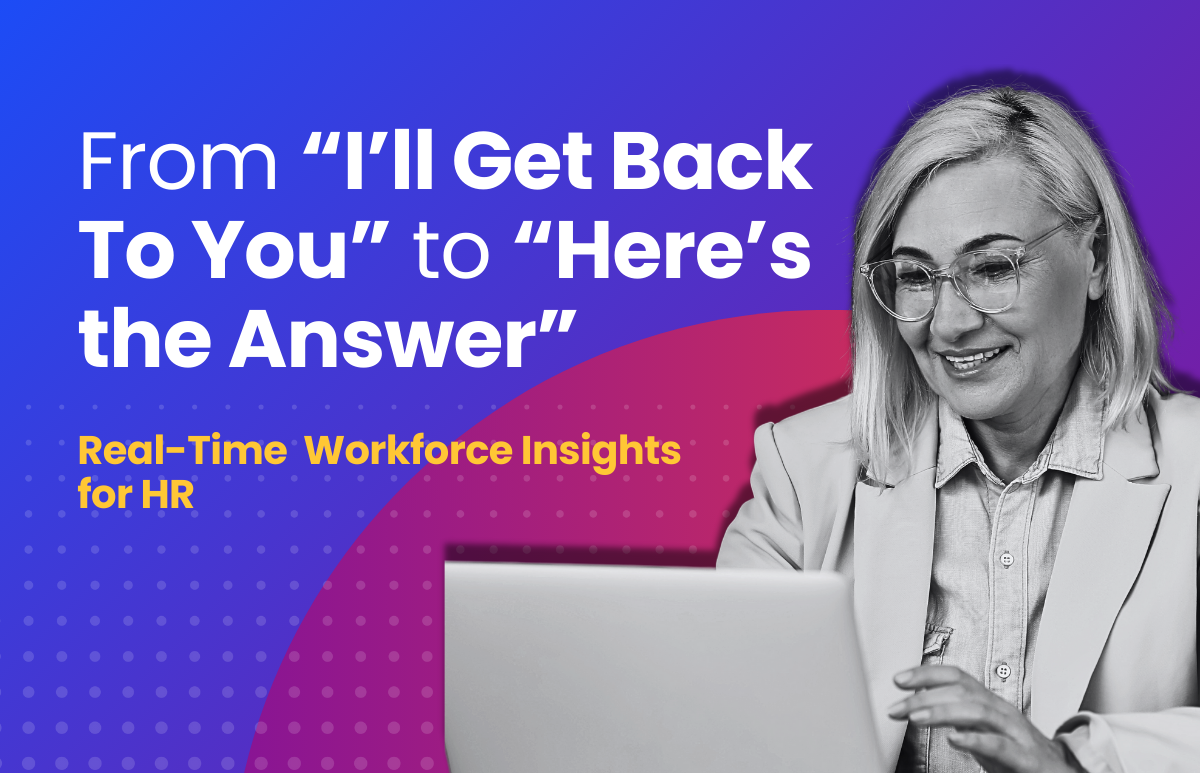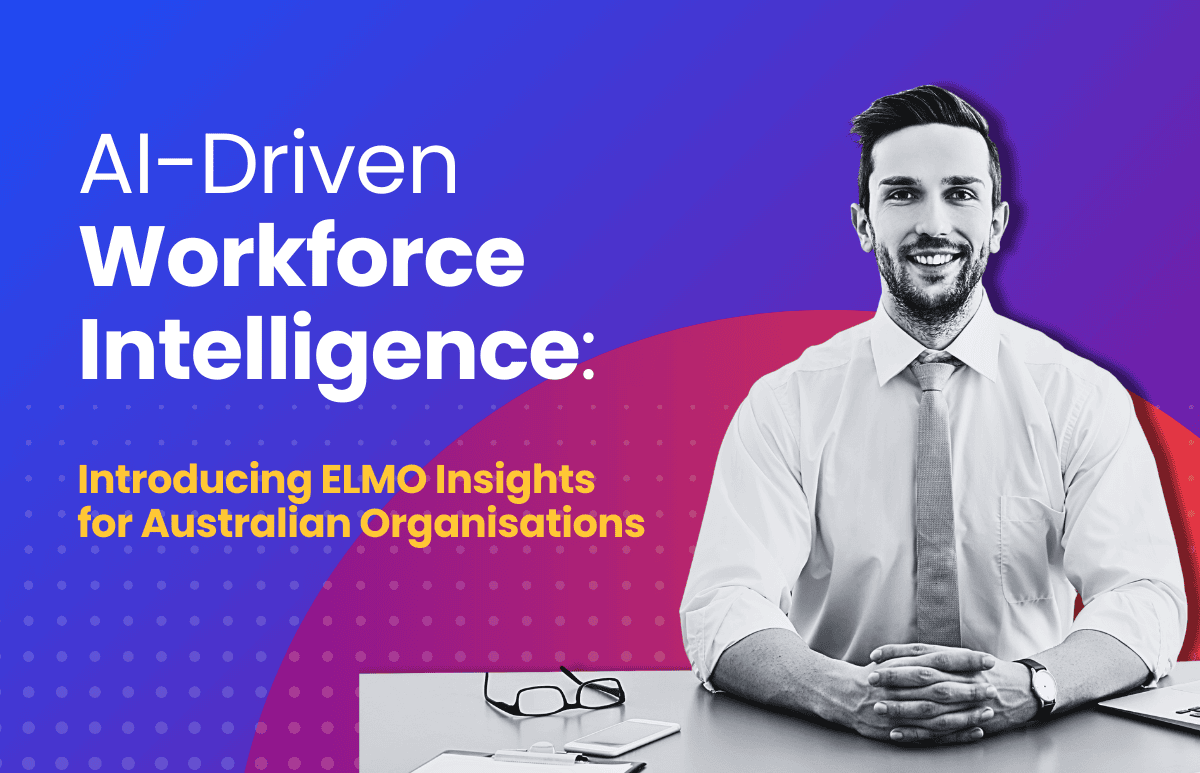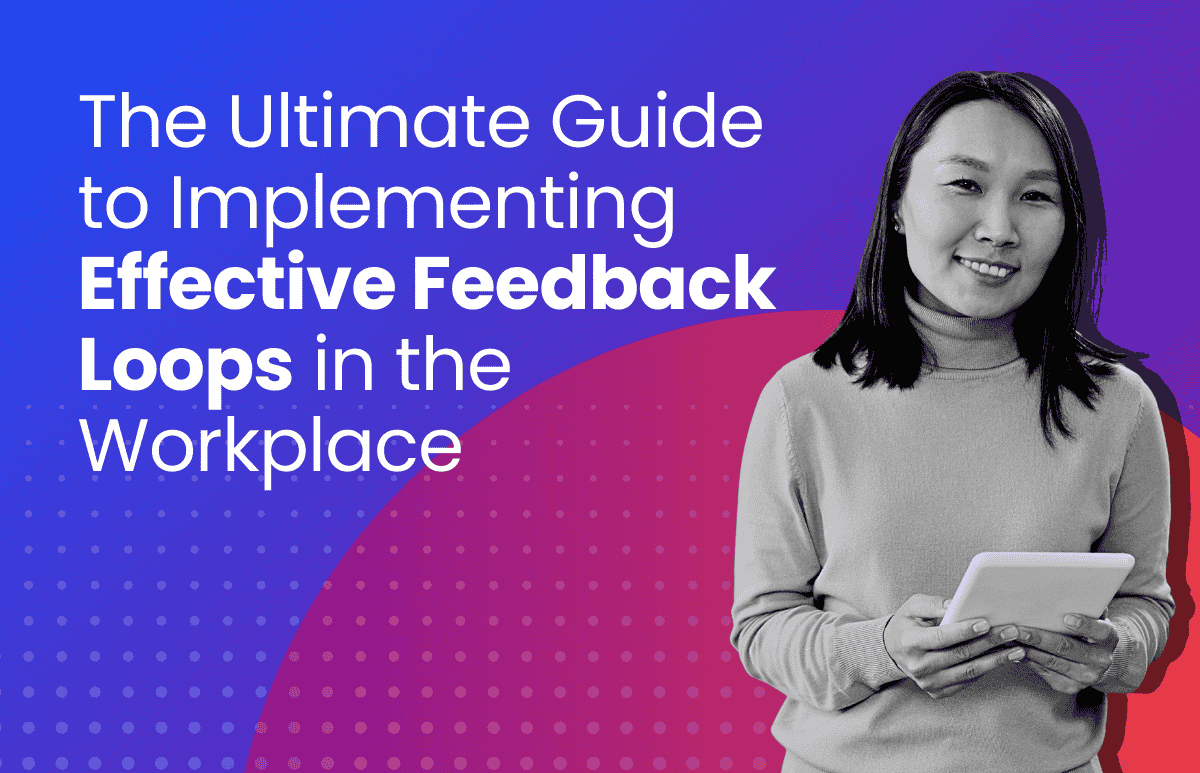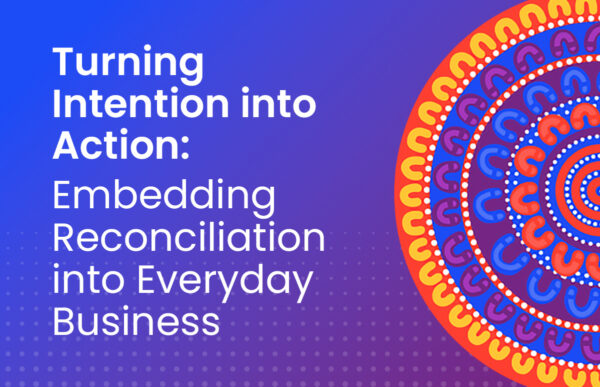What Is Employee Self-Service (ESS) and Its Benefits?

Employee self-service (ESS) – aka self-service HRIS – is cloud-based technology that facilitates many typical HR functions. A secure, centralised platform for employee personal information is a safe place to store and manage employee data. Employees can access and update their personal information on a secure website or app, using any device.
ESS technology automates people management and gives staff the ability to update things like personal contact details and bank details and perform work-related tasks: view leave balances and make requests, access payslips, claim expenses, apply for reimbursements, and access company benefits information.
Manager Self-Service is often a function of ESS, where managers can oversee their team and check employee leave balance and absences, for example. Today, ESS is typically part of a broader human capital management (HCM) platform or human resources information system (HRIS) and delivered via a comprehensive software-as-a-service (SaaS) platform. ESS functionality typically also integrates with other compatible systems through an API.
How does employee self-service work?
ESS operates by bringing together an interactive web application on the user’s end with an organisation’s searchable knowledge database. It allows users to separately navigate around the site, accessing their information through a secured login. As well as personal information, an ESS also tends to house key resources such as company policies, factsheets, FAQs etc. This feature allows employees to manage their own information, reducing the need for HR to handle as many queries and requests.
Common features of employee self-service (ESS)
Personal information: Employees can add next of kin details, update mailing address and phone number and change bank details.
Payroll data: Employees can track their pay, taxes, time, super, and expenses.
Leave allowance: Employees can view leave balances and accruals, forecast leave entitlements and request leave.
Company benefits: Employees can view and enrol in benefits programs.
Company policies: Employees can view company policies and procedures, including the company handbook. You can make the whole employee journey more efficient by including employee learning, development, and performance management in an ESS platform.
Traditional HR vs ESS Process Comparison
| Process | Traditional HR | ESS Process |
|---|---|---|
| Leave Management |
2-3 days
Paper forms, manual approvals, physical filing
|
5-10 minutes
Online requests, automated workflows
|
| Personal Information Updates |
1-2 days
Email HR, manual data entry, verification
|
2-5 minutes
Self-service portal, immediate updates
|
| Payslip Access |
2-3 days
Print and distribute physical copies
|
1 minute
24/7 digital access, self-service downloads
|
| Expense Claims |
1-2 weeks
Paper receipts, manual forms
|
10-15 minutes
Digital receipt upload, automated workflows
|
| Benefits Enrolment |
1-2 weeks
Annual paperwork, manual selection
|
15-30 minutes
Online enrolment, instant confirmation
|
ELMO’s HR Core Employee Self-Service (ESS) and Manager Self-Service functionality enables employees to apply for leave and check their leave balances, and for managers to oversee absences. HR Core integrates with other modules in ELMO’s cloud HR and payroll suite – including recruitment, onboarding, performance management, payroll, rostering / time & attendance, learning & development, and more – as well as other compatible systems through an API.
The benefits of employee self-service (ESS)
The system offers a multitude of benefits of employee self-service, managers, and HR.
Employee autonomy
Employees can view and update their personal data, such as leave requests and pay slips, using a centralised people management system. This system provides employees with autonomy over their personal data.
Greater efficiency and accuracy
ESS helps employees do HR responsibilities faster and more accurately. By allowing employees to handle HR tasks themselves, reducing work time for HR, administrative staff, or managers. When employees enter their own information, it also enhances data accuracy.
Employee empowerment and engagement
ESS is a great empowerment tool and improves productivity. It may even foster a greater sense of engagement and brand advocacy in employees.
Greater development incentive
Employees are more motivated to learn and grow when they see opportunities to do so. A workforce that is happy and satisfied results in reduced staff turnover and higher return on investment.
Easing admin burden
Self-service technology reduces HR workload by automating and centralising people management tasks. Automates and centralises people management, removing the need for paper forms and reducing HR’s time spent on administrative tasks.
Practical and conducive to remote working
Cloud-based technology is the only option to managing and navigating remote working environments. HR and managers should be able to easily access current employee records from home, and a centralised system makes this possible.
Accessible anywhere, on any device, at any time
Having one centralised system for all employee management is more productive. Employees can access HR information and services from anywhere, on any device, at any time.
Reduces paper waste
Another huge benefit of cloud-based technology and specifically self-service functionality is that there is a reduction of paper. Going paperless is good for the environment and saves space and money. Cloud-based technology removes all these antiquated workplace problems.
Reduction of errors
Another advantage of self-service is that it improves accuracy. Manual paper processes can lead to mistakes, while automation eliminates errors in data transfer. It also helps HR and managers quickly identify incorrect employee data or information entry.
Better insights
Self-service technology provides managers with a complete view of their team and enables them to make informed decisions. This improves productivity and empowerment for all involved. ESS is a valuable technology that all organisations must harness if they wish to grow and compete in their market.
ELMO Software is a cloud-based solution that helps thousands of organisations across Australia, New Zealand and the United Kingdom to effectively manage their people, process and pay. ELMO solutions span the entire employee lifecycle from ‘hire to retire’. They can be used together or stand-alone, and are configurable according to an organisation’s unique processes and workflows. Automate and streamline your operations to reduce costs, increase efficiency and bolster productivity. For further information, contact us.
Ready to Transform Your HR Operations?
Book a free consultation with our experts and see how our solution can streamline your HR processes, empower your employees, and reduce administrative overhead.

 HR Core
HR Core 









